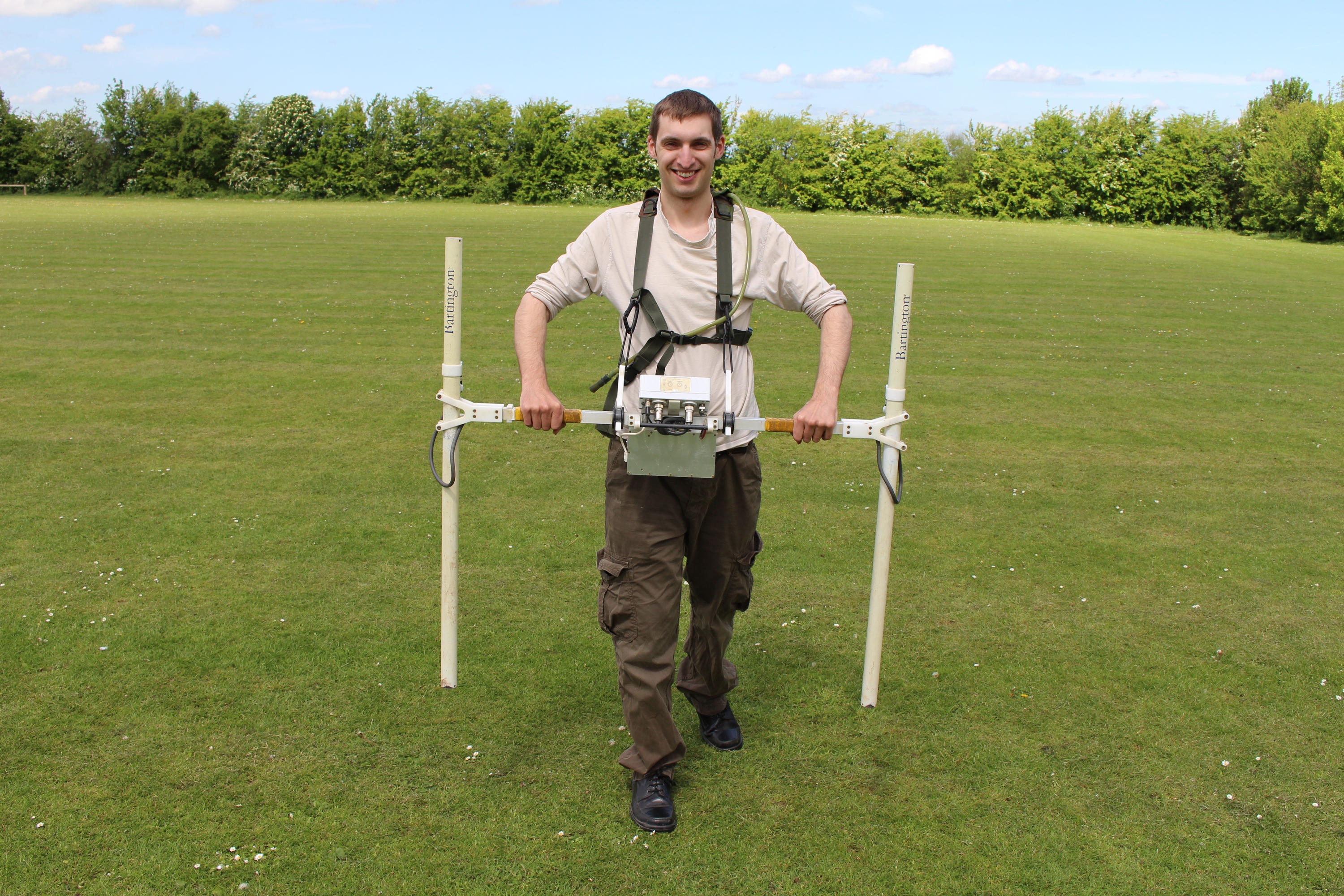All Categories
Featured
Table of Contents
How A Geophysical Survey Is Crucial To Offshore Wind Farm ... in Quinns Rocks Western Australia 2023
Much of the image consists of blank locations now with little or no radar action. The "courtyard" wall is still showing strongly, nevertheless, and there are continuing tips of a tough surface in the SE corner. Time piece from 23 to 25ns. This last piece is now nearly all blank, but a few of the walls are still showing strongly.
How deep are these pieces? Sadly, the software I have access to makes estimating the depth a little challenging. If, nevertheless, the leading three slices represent the ploughsoil, which is probably about 30cm think, I would think that each slice is about 10cm and we are only coming down about 80cm in total.

Thankfully for us, most of the websites we have an interest in lie just below the plough zone, so it'll do! How does this compare to the other techniques? Contrast of the Earth Resistance data (top left), the magnetometry (bottom left), the 1517ns time slice (top right) and the 1921ns time piece (bottom left).
An Assessment Of Geophysical Survey Techniques For ... in Kinross Aus 2020
Magnetometry, as gone over above, is a passive technique determining regional variations in magnetism versus a localised zero worth. Magnetic susceptibility study is an active method: it is a step of how magnetic a sample of sediment could be in the existence of a magnetic field. How much soil is evaluated depends on the size of the test coil: it can be really little or it can be fairly large.
The sensor in this case is extremely small and samples a small sample of soil. The Bartington magnetic susceptibility meter with a big "field coil" in usage at Verulamium throughout the course in 2013. Leading soil will be magnetically improved compared to subsoils merely due to natural oxidation and reduction.
By measuring magnetic vulnerability at a reasonably coarse scale, we can discover areas of human occupation and middens. Unfortunately, we do not have access to a trusted mag sus meter, but Jarrod Burks (who helped teach at the course in 2013) has some outstanding examples. Among which is the Wildcat website in Ohio.
Geophysical Methods in Roleystone Western Australia 2020
These towns are frequently laid out around a central open area or plaza, such as this reconstructed example at Sunwatch, Dayton, Ohio. The magnetic vulnerability study helped, nevertheless, specify the primary area of occupation and midden which surrounded the more open area.
Jarrod Burks' magnetic susceptibility survey results from the Wildcat website, Ohio. Red is high, blue is low. The technique is for that reason of fantastic usage in specifying locations of general occupation rather than recognizing particular features.
Geophysical surveying is an applied branch of geophysics, which utilizes seismic, gravitational, magnetic, electrical and electro-magnetic physical methodologies at the Earth's surface to determine the physical residential or commercial properties of the subsurface - Geophysical Services in Melville Oz 2022. Geophysical surveying methods usually determine these geophysical properties together with abnormalities in order to assess different subsurface conditions such as the existence of groundwater, bedrock, minerals, oil and gas, geothermal resources, voids and cavities, and far more.
Table of Contents
Latest Posts
Greeley-evans Area 3d Geophysical Survey in Bicton Australia 2022
Airborne Geophysical Methods in Bateman Western Australia 2022
Integrated Geophysical Surveys For The Safety in Beeliar Australia 2021
More
Latest Posts
Greeley-evans Area 3d Geophysical Survey in Bicton Australia 2022
Airborne Geophysical Methods in Bateman Western Australia 2022
Integrated Geophysical Surveys For The Safety in Beeliar Australia 2021